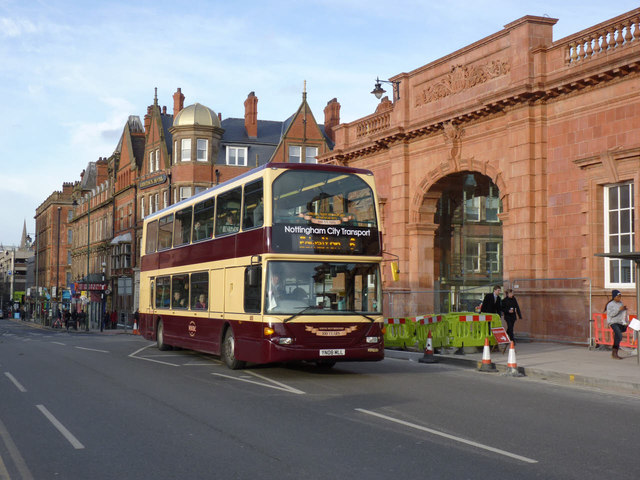“If debt cannot be paid then it will not be paid”: Professor Michael Hudson’s concise summary of how ‘Peak Debt’ caused the 2008 financial crash not only remains true 12 years later but can be extended to the unsustainable burden of property rentals -“Peak Rent”.
The unprecedented demand and income shocks from anti-virus measures have exposed how high levels of debt and rent have eroded UK resilience. Complacent talk of “V” shaped recovery and a return to normal ignores the wave of rent and mortgage defaults already inundating shops and shopping malls.
To this may be added literally thousands of UK pubs and restaurants on the brink of permanent closure. Meanwhile sports clubs, museums, theatres, arts venues, heritage properties and other key parts of UK social fabric also face an existential funding crisis.
So at this point of “Peak Debt” and“Peak Rent” only previously unthinkable economic policies can avert depression at best and civil unrest at worst. At such a point where conventional methods are inadequate, Sherlock Holmes’ approach to problem solving comes to mind: “If we eliminate the impossible, what remains, no matter how improbable, must be the truth”.
Coverdrafts and Covercards
To date HM Treasury has been far from generous, leaving swathes of the population to survive on scant Universal Credit. Apart from furlough payments, the solutions offered to businesses burdened with rent and debt obligations are typically to prescribe more of the same.
For instance, while the simple and well executed CBILS government guaranteed bank loan scheme has been widely taken up, banks managing the scheme estimate most CBILS loans will never be repaid, while a substantial number of businesses are happy to borrow free money purely to turn financial profit.
So if debt is ruled impossible, what is the improbable which remains? Anyone with a bank account understands that an overdraft is high cost bank credit (40% pa is the new standard) which banks may call in at any time. For the unbanked, there are basic prepay debit cards (or smartphone ‘apps’) of one type or another, none of them cheap.
This proposal is to provide everyone with low or no income an interest-free Coverdraft or Covercard to cover essentials such as accommodation, energy, communications, food & drink, with a flat rate allowance above that. The scheme will be administered by banks, credit unions or other qualified service providers subject to Bank of England and Treasury oversight.
Coverdraft and Covercard limits will be set based on past experience and the harsh and parsimonious Universal Credit scheme will be suspended and replaced with generous allowances. Similarly, all housing benefits will be suspended, taking pressure off Councils. The Coverdraft and Covercard innovation is simple: balances are simply written off to zero every month.
Magic Money Tree
We can already see the outraged headlines and hear the horrified objections to this Magic Money Tree: hard-pressed taxpayers simply cannot afford it….. this must lead to hyperinflation…..the UK will be another Zimbabwe…and so on.
So let’s nip these in the bud. To begin with, since Coverdrafts and Covercards can replace Universal Credit, housing and other benefits, and all the associated overheads, this will drastically reduce the cost to the economy. Then there is the question of “how the sausage is made” (as German Chancellor Bismarck put it) since to write off these obligations clearly leaves a vacuum which banks must fill.
Thankfully, the Bank of England has always had just the right pump. For centuries the Treasury has maintained a facility at the Bank of England called the “Ways & Means Account”. This account fell dormant in recent years but was dusted down and pressed into use to pump emergency £ sterling liquidity into the UK banking system both for the 2008 financial crash and at the outset of the Covid crisis in March 2020.
So Coverdrafts and Covercards may simply be topped up by the Bank of England by £ created with a click of a mouse and which have never been anywhere near a tax-payer. However, when the Bank of England makes public payments, the Treasury typically settles any balance with the Bank by issuing the interest-bearing ‘gilt edged’ stock obligations which comprise what became known as the National Debt. Here a special issue -let’s call it Coverstock – is proposed which long term investors such as pension funds will rush to buy.
The beauty of this proposal is that it covers past not future expenditure. People’s purchasing power provided by Coverdrafts and Covercards will be subject to professional validation within standards set by independent but accountable oversight. It simply and effectively resolves temporary shortfalls in income, so that as income recommences, the top up needed will fall.
What about the economics? One of the cornerstones of mainstream economic thinking is that expectations of inflation must be avoided at all costs. This proposal banishes this spectre of future inflation through professional management based on hard data of past expenditure.
Moral Hazard
Further screaming headlines can be expected on the subject of Moral Hazard: the idea that if people are given money for nothing they then have no incentive to work.
Moral philosophers from Adam Smith through JS Mill to Winston Churchill have all observed that the poor are no more prone to moral hazard than landowners idly collecting something for nothing from privileged rights over commons and windfall gains in land value due to public investment and improvements.
But whatever the subjective moral rights & wrongs, the objective fact is that the moral hazard of a few people staying in bed pales into insignificance compared to the staggering financial and social costs of full-blown depression, civil unrest or worse.
Purchasing Power to the People
The Coverdraft/Covercard provides the UK economy with a Covid breathing space to develop and implement sustainable long term policies and solutions.
In the economic context, I envisage networked decentralised mutual credit providing purchasing power to mobilise productive people and assets. In this way cooperative services may deliver local independence and resilience.
But that is another story.





